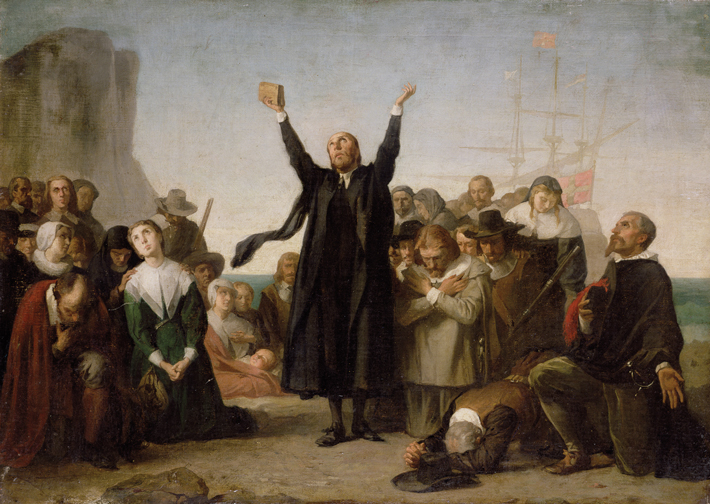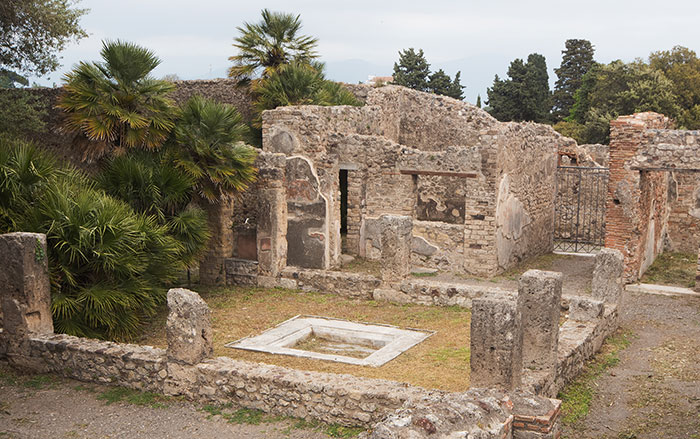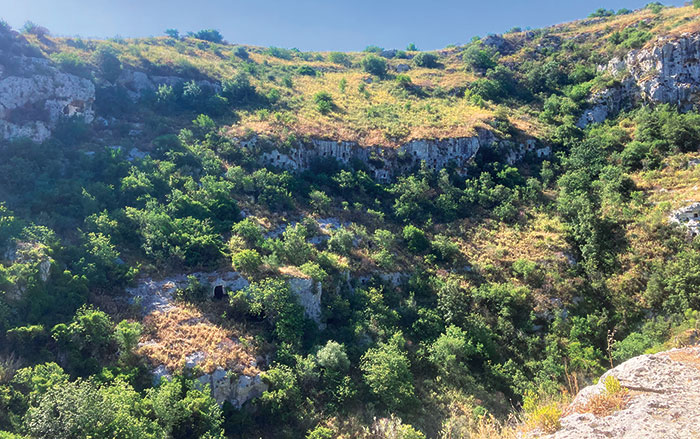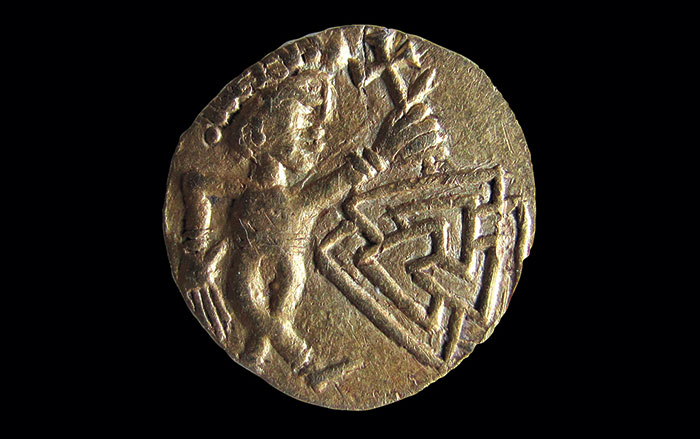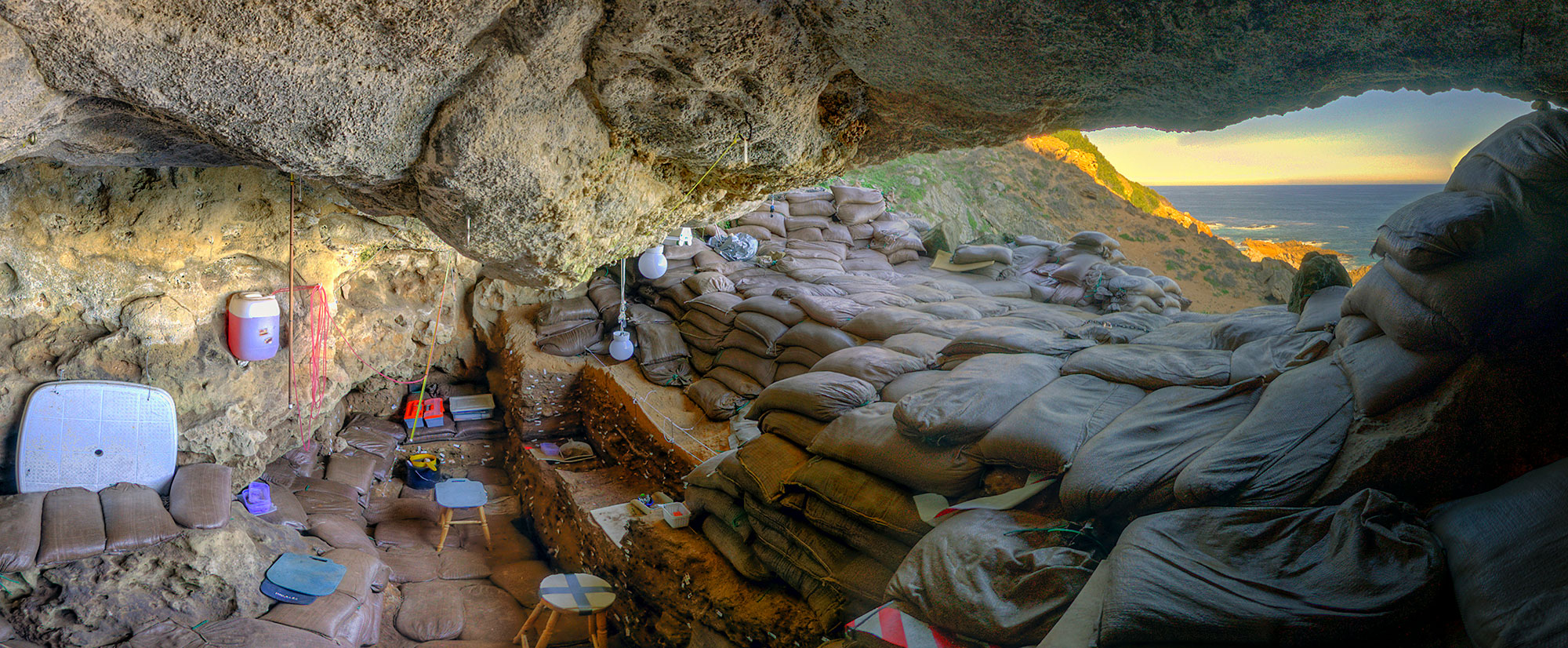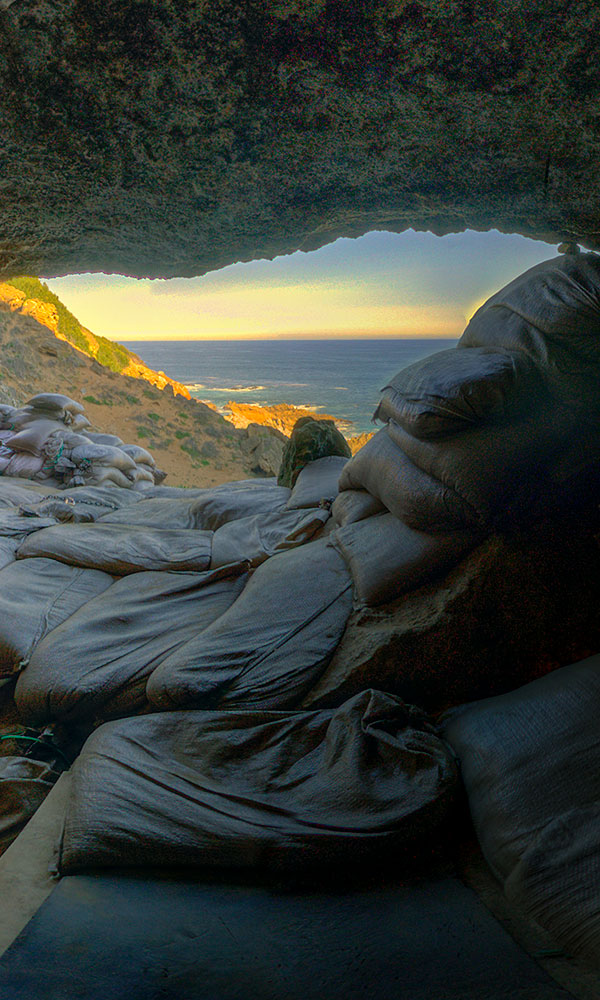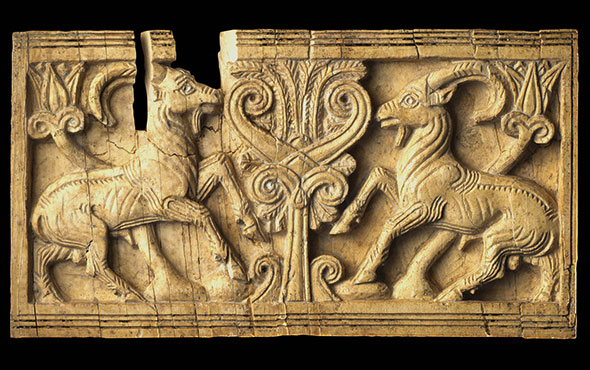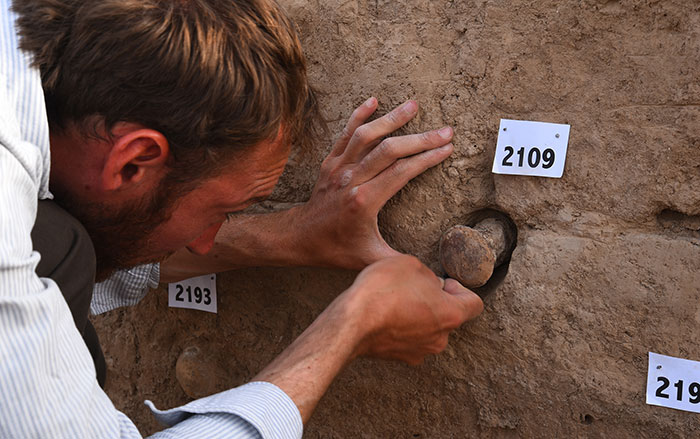
KANAGAWA, JAPAN—Live Science reports that Patrick Savage of Keio University and his colleagues employed “Seshat,” a global history databank spanning the end of the Paleolithic period to the beginning of the Industrial Revolution, to expand on the work of previous studies that looked at the relationship between belief in moralizing gods and the rise of complex societies. Authors of some smaller-scale studies have suggested that belief in moralizing gods and supernatural judgment helped shape emerging complex societies, while others have argued that belief in the threat of divine punishment appeared later in societies' development. Savage explained that the use of “Seshat” allowed his team members to take into account more than 50 measures of social complexity and four measures of belief in supernatural enforcement in more than 400 societies living in 30 different regions of the world over the past 10,000 years. The researchers found that belief in moralizing gods usually appeared after civilizations reached populations estimated at more than one million people. “It was particularly striking how consistent it was [that] this phenomenon emerged at the million-person level,” Savage said. “First, you get big societies, and these beliefs then come.” Religion, he added, may help stabilize large societies in which people live more anonymous lives, unlike small hunter-gatherer societies, in which everyone knows what everyone else is doing. To read about the nineteenth-century discovery of a tablet containing a story that was eerily similar to that of Noah in the Old Testament, go to “Cuneiform: Religion.”


